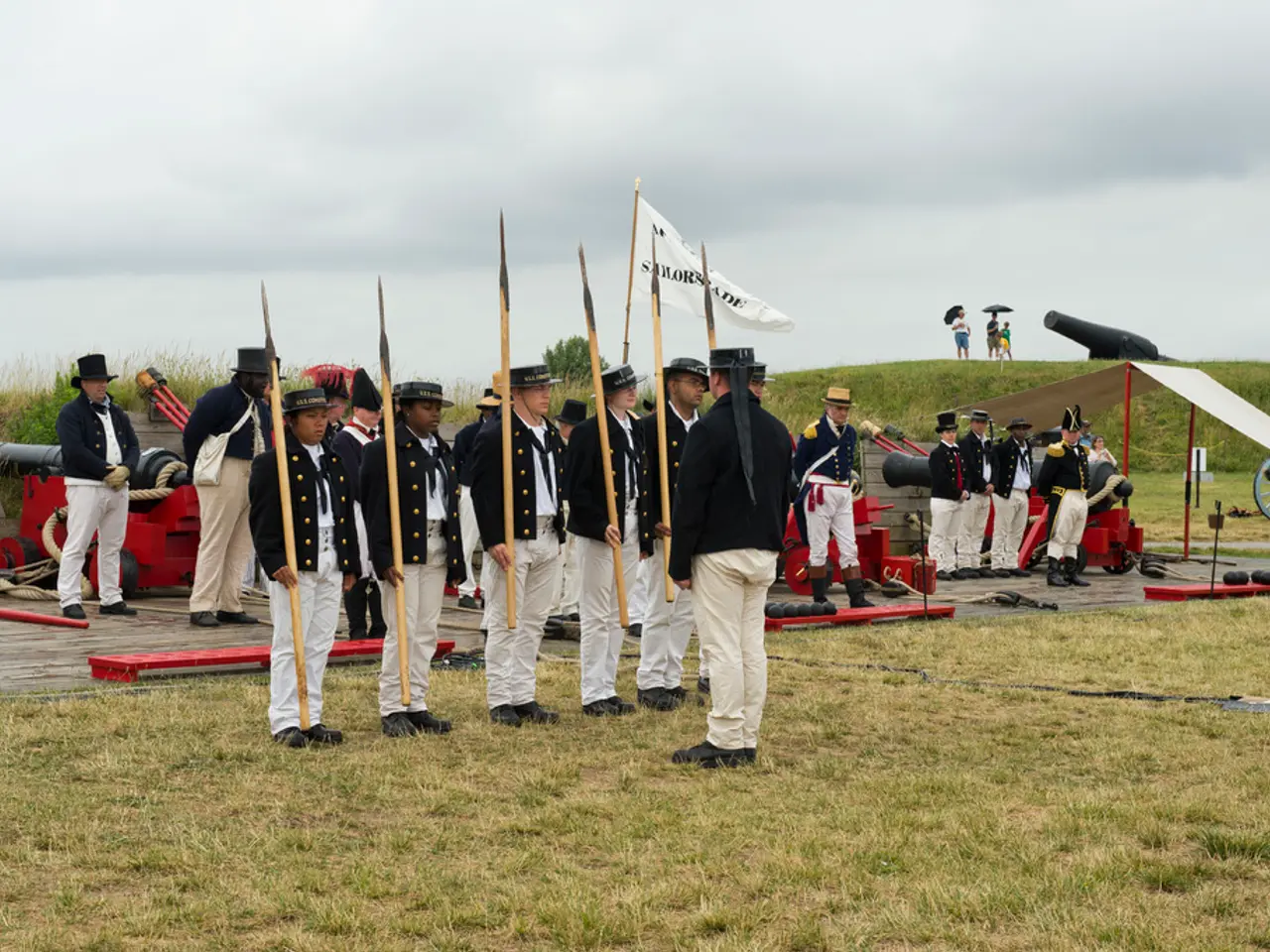Life Story of Music Legend Elvis Presley
Unconventional Management and the Rise of Elvis Presley: The Impact of Colonel Tom Parker
Colonel Tom Parker, a Dutch-born carnival promoter who adopted a fictional identity, rose to become Elvis Presley's exclusive manager. Parker's management style was hands-on and controlling, overseeing every detail of Presley's career to ensure maximum profitability and public exposure.
Parker's business acumen was shrewd but sometimes ruthless. He negotiated contracts that secured publishing rights for Presley, helping to cement his financial success. However, his focus on continuous touring and commercial exploitation may have contributed to Presley's overwork, substance abuse, and health decline.
Their relationship was deeply personal yet fraught with tension, especially as Presley's drug addiction worsened in the 1970s. Despite the challenges, Parker remained a tireless advocate for Presley, defending his artistic choices and protecting his career.
Parker's first step in his master plan was to find a recording company that could give Presley national and international exposure. This led to Presley's signing with RCA Records, marking the beginning of his meteoric rise to fame.
Initially, Presley was just a country-western singer, but Parker saw his potential to reach wider audiences outside the South. In the spring of 1955, he started monitoring Presley's career while Parker was at Jamboree Attractions. This period saw Presley adding songs like "Baby Let's Play House" and "I'm Left, You're Right, She's Gone" to his act.
In August 1955, Parker signed on as "special adviser" for Presley, with duties to assist in building up Presley's career and negotiate renewals on existing contracts. This move officially marked Parker's involvement in Presley's career.
Presley's career took off, and under Parker's guidance, he reached unimaginable heights. He broke barriers and became a global phenomenon, introducing audiences to Southern musical traditions and sounds that were unfamiliar to many northern audiences.
However, controversy surrounds Parker's ethics and decisions. Stories of his unconventional methods, such as painting sparrows yellow and selling them as parakeets, add to the mystery and colourful reputation he has earned. Despite this, Parker's role as a central figure in Presley's life and legacy remains undisputed.
In August 1955, Parker signed on as "special adviser" for Elvis Presley, with duties to assist in building up Presley's career and negotiate renewals on existing contracts. This move officially marked Parker's involvement in Presley's career.
Elvis sang "Baby Let's Play House" on television for his second appearance on The Dorsey Brothers' Stage Show on February 4, 1956. This performance showcased Presley's unique style and talent, setting the stage for his unprecedented rise to fame.
In the spring of 1955, Parker had also arranged for Presley to tour with country singer Hank Snow, organized by Hank Snow Jamboree Attractions, owned by Snow but operated by Parker. However, Parker did not include Snow in the contract, leading to a breakup of their partnership.
Despite the controversies that surrounded Parker, his unconventional and controlling management methods were pivotal in shaping Presley's career trajectory. He enabled Presley's unprecedented rise, but also contributed to some of the pressures and conflicts that beset Presley’s later years.
[1] Guralnick, P. (2007). Last Train to Memphis: The Rise of Elvis Presley. Little, Brown and Company. [2] Guralnick, P. (2011). Careless Love: The Unmaking of Elvis Presley. Little, Brown and Company. [3] Guralnick, P. (2015). The Last Elvis: A Memoir. Little, Brown and Company. [4] Krasnow, A. (2006). Elvis and the Colonel: The Untold Story of Elvis Presley and His Manager, Colonel Tom Parker. St. Martin's Press. [5] Niven, D. (1981). Elvis: What Happened? Simon and Schuster.
Celebrities like Elvis Presley, under the management of Colonel Tom Parker, revolutionized pop-culture, shattering barriers and introducing Southern musical traditions to a wider audience. colony's entertainment strategies, although controversially unconventional, played a significant role in Presley's meteoric rise to fame and his dominance in pop-culture.






